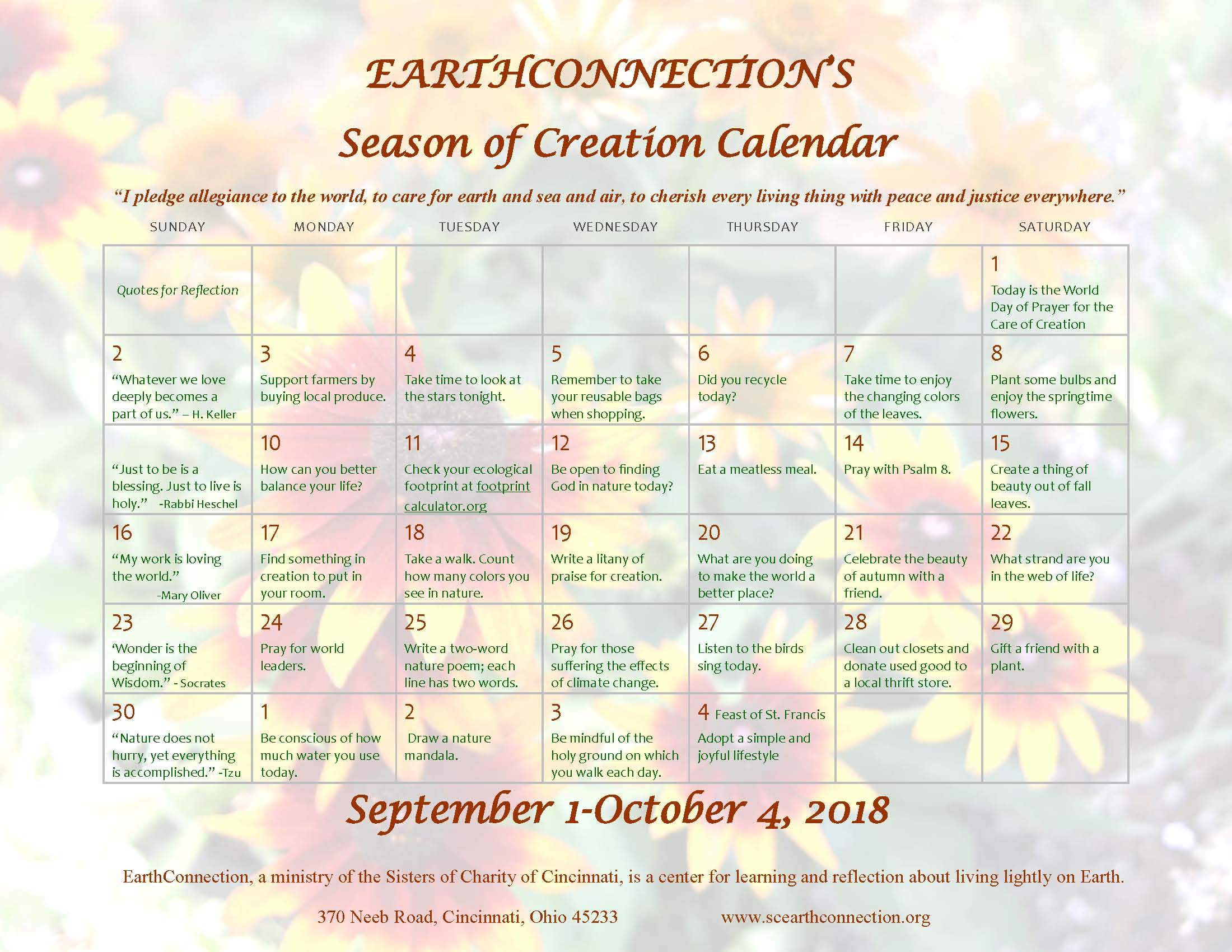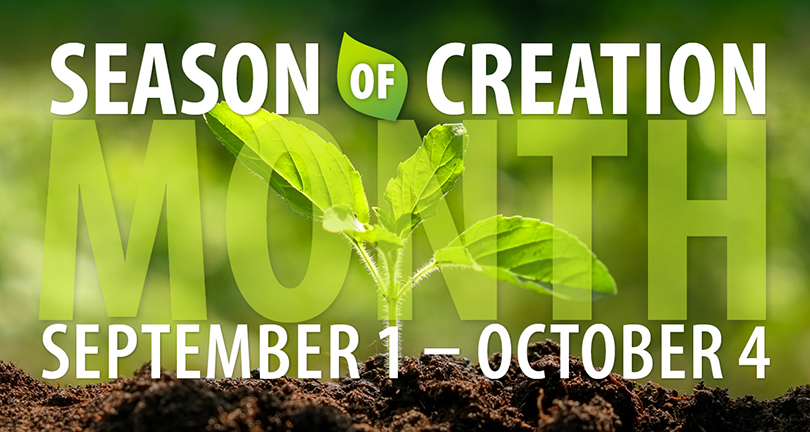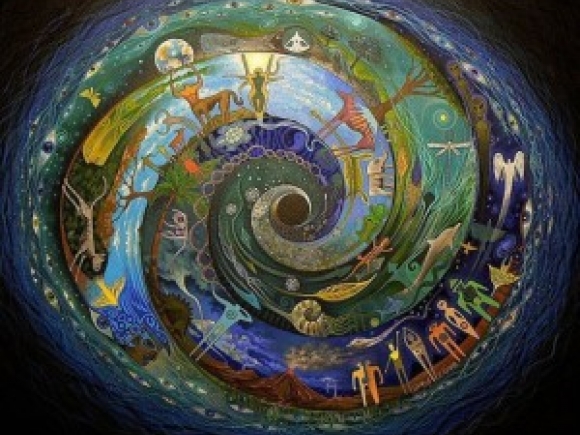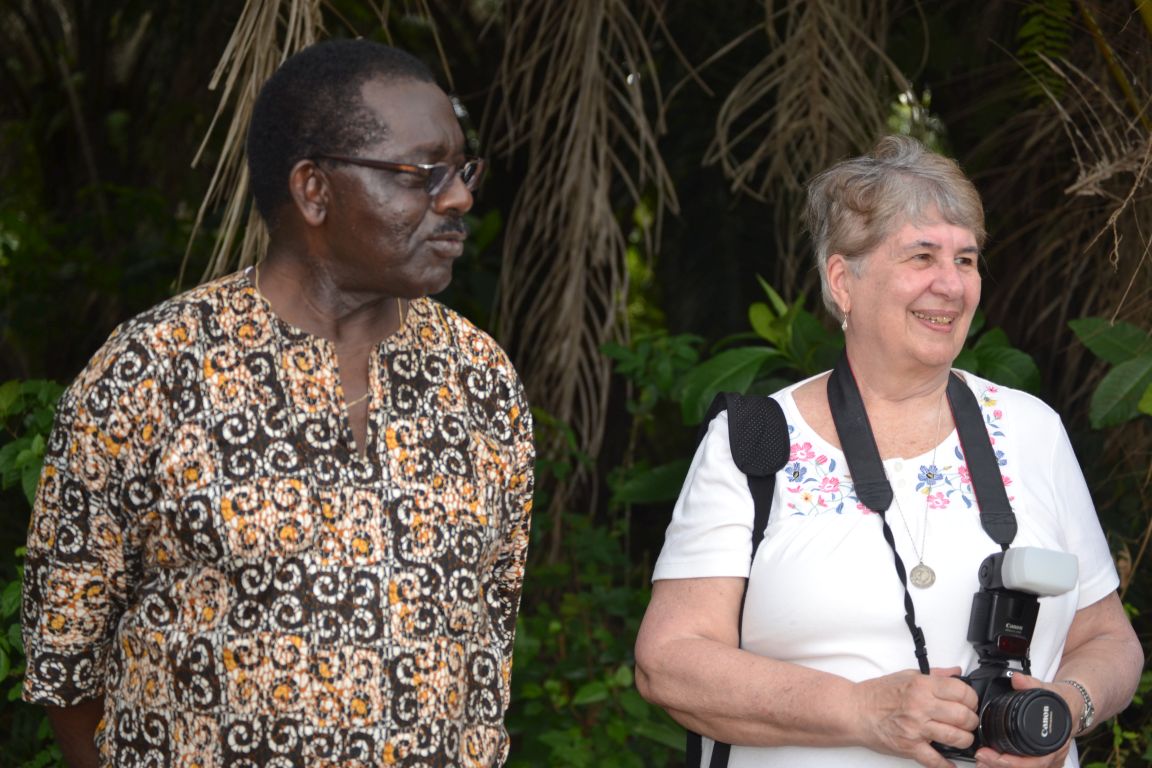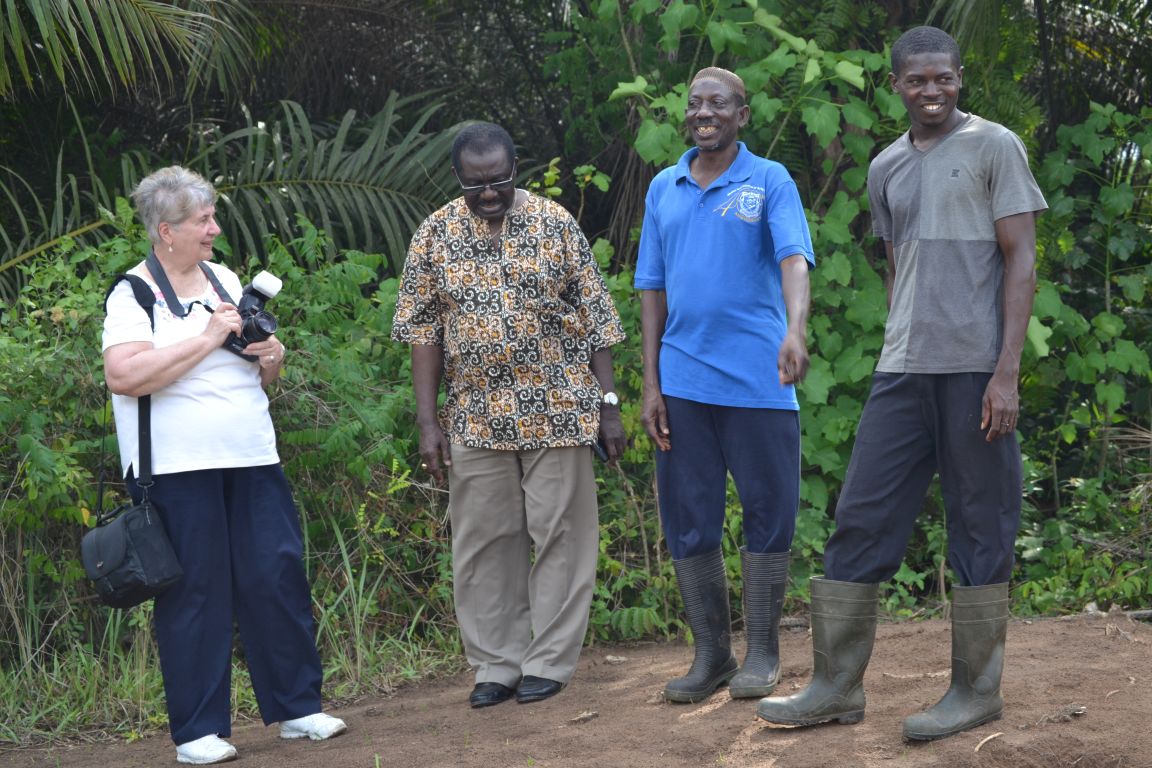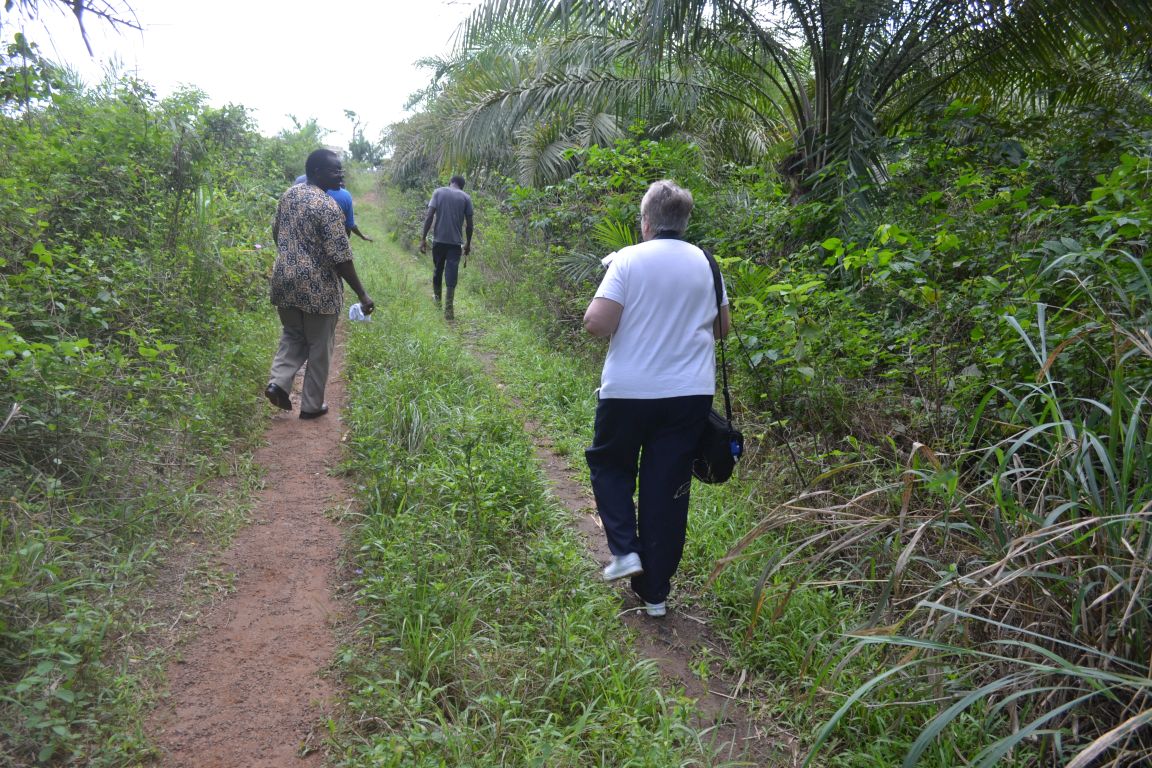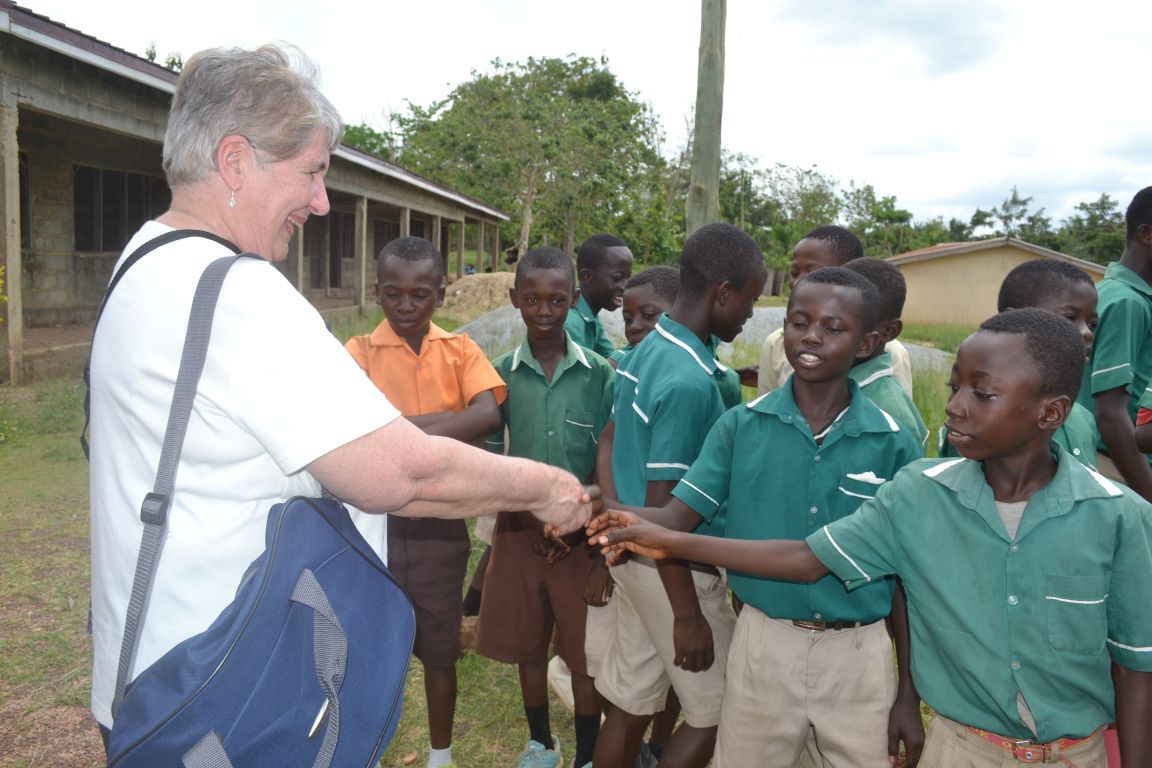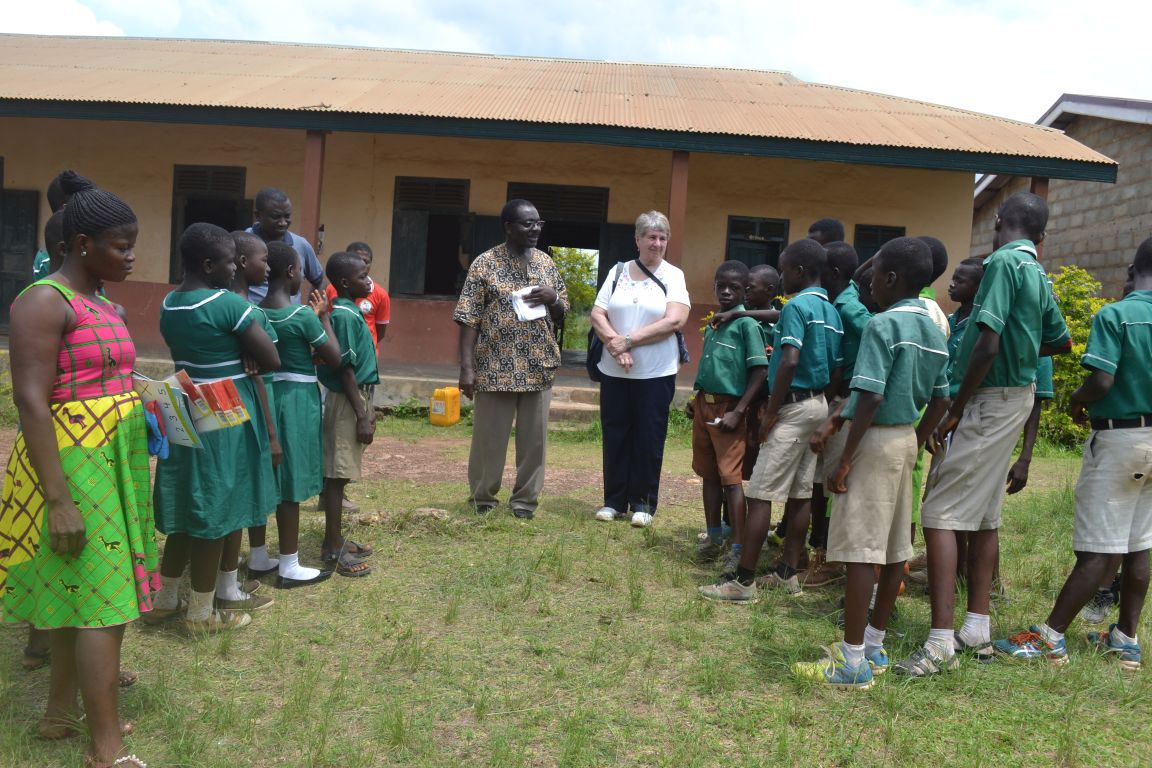It is difficult to read the news these days. The rhetoric that surrounds us is increasingly becoming less tolerant and more violent. Headlines about school shootings, a lone gunman opening fire in a mall, a coffee shop, at a golf club, people targeted both in our country and others because of their dress, their culture, their religion. Leaders at multiple government levels seem to believe that walls and weapons will make us safe. Yet any cursory look at history calls out the fallacy of that thinking. Temporary peace, maybe. Lasting peace, never. Now more than ever it is up to each of us to look within ourselves and decide what kind of world we want to live in and what will it take, both individually and collectively, to make that world a reality.
Sometimes the task seems overwhelming, but there are those who have gone before us who have left us, not only words of wisdom, but a path to follow. One such individual is Albert Schweitzer. “Ethics,” he wrote, “grow out of the same root as world- and life-affirmation, for ethics, too, are nothing but reverence for life. That is what gives me the fundamental principle of morality, namely, that good consists in maintaining, promoting, and enhancing life, and that destroying, injuring, and limiting life are evil…The one essential thing is that we strive to have light in ourselves. When people have light in themselves, it will shine out from them. We need a new reverence for life…because to the one who is truly ethical all life is sacred, including that which from the human point of view seems lower on the scale.”
All life is sacred. There is no such thing as one nation, one culture, or one people being superior to another. The ant, the turtle, the deer have as much right to exist and flourish as the human species. The lakes, the rivers, the oceans, the mountains are not simply resources for human exploitation, but part of a whole. Each individual, each creature, each created entity is but a strand in the tapestry of creation. All are called to live in harmony with one another. Today we have lost our moral compass. We no longer see ourselves as part of something greater. A quote by Bruce Lipton challenges us to look at the whole: “A miraculous healing awaits this planet once we accept our new responsibility to collectively tend to the garden rather than fight over the turf.”
For each of us, the first question must be “What part of the garden am I called to tend?” Other questions will follow:
How do I treat those who are different from me?
What initiatives have I taken to learn from “the other”?
How do I relate to the natural world…to the plants and flowers, to the bees and butterflies…
How do I add beauty to the world around me?
Then one step at a time as I care for my plot and others care for theirs we will meet at the boundaries of our own gardens and realize that, indeed, we are all connected from the tiniest ant to the human species.
Dr. Schweitzer reminds us that “by practicing reverence for life we are in a spiritual relationship with the universe; we are in harmony with it.” He also cautions that “The awareness that we are all human beings together has become lost in war and through politics…Now we must re-discover the fact that we – all together – are human beings, and that we must strive to concede to each other what moral capacity we have. Only in this way can we begin to believe that in other peoples as well as in ourselves there will arise the need for a new spirit, which can be the beginning of a feeling of mutual trustworthiness towards each other. The spirit is a mighty force for transforming things.”
In conclusion let us include in our daily prayer that of Dr. Schweitzer: “O heavenly Father, protect and bless all living creatures that have breath; guard them from all evil, and let them sleep in peace…Amen.”
